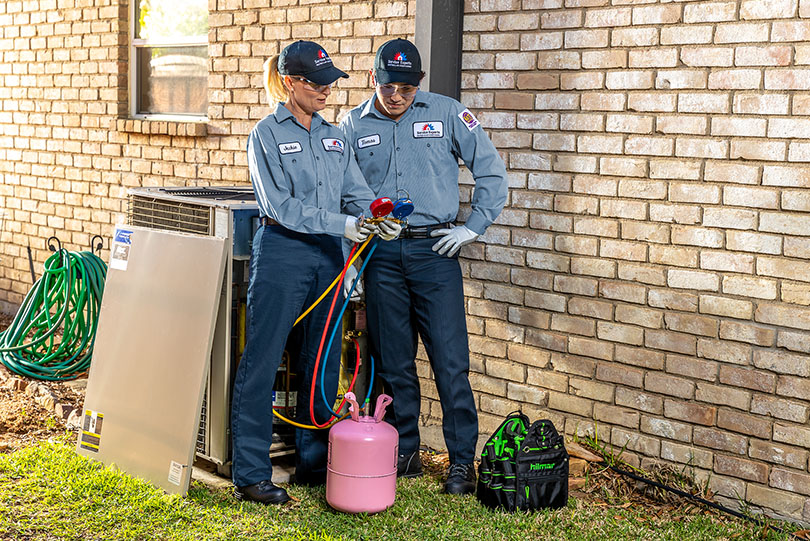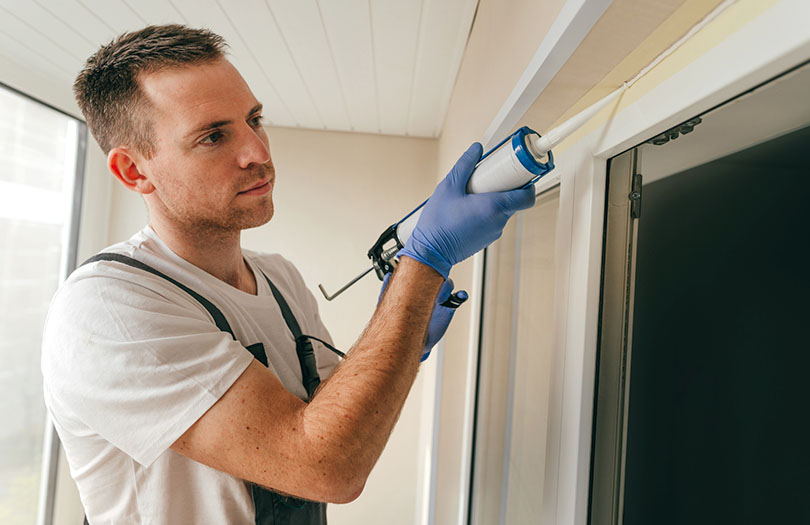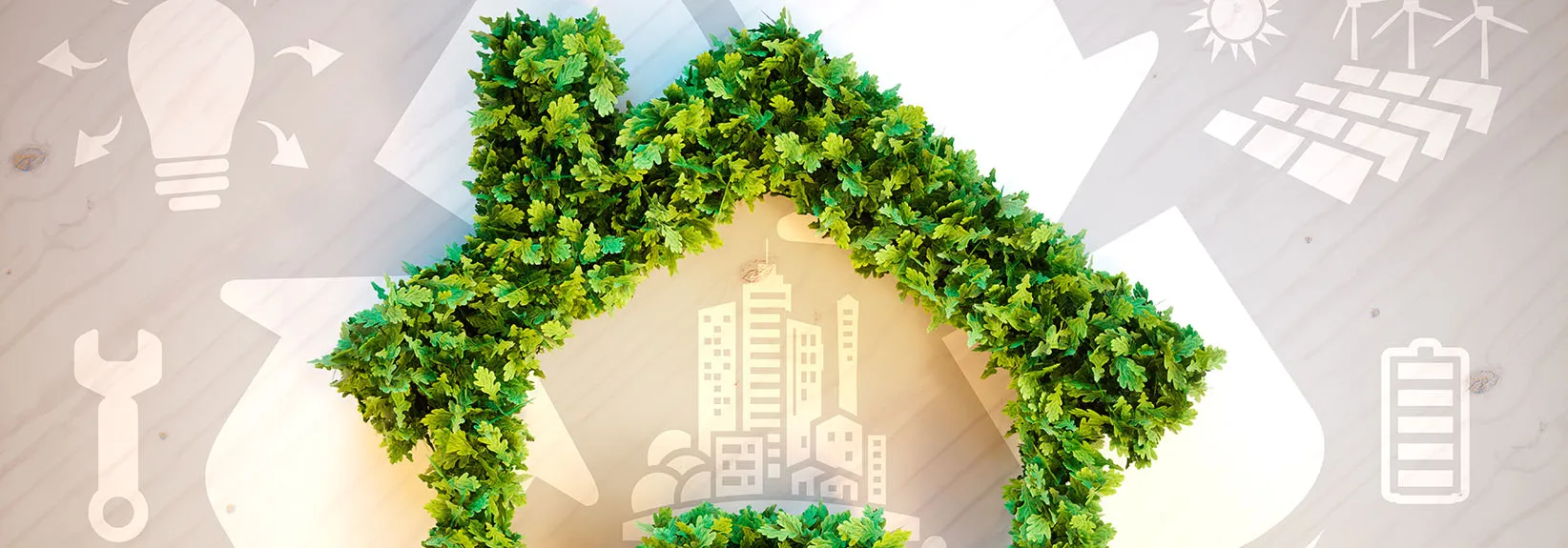7 Tips for a More Earth-Friendly and Energy-Efficient Home
With the celebration of Earth Day a few weeks ago and spring cleaning on the minds of many homeowners, it’s a great time to make homes more earth-friendly and energy efficient. In fact, with only a few small, affordable changes, homeowners could be on their way to saving 20% or more on monthly energy bills. Here, the home-efficiency pros from share techniques on how to start saving right now.
1. Purchase a Smart Thermostat
A smart thermostat normally saves between 12% to 23% on an electricity bill, and it’s also a great tool to reduce carbon emissions from a home. How is that possible? Smart thermostats go beyond just programming the time of day for your HVAC system to turn on or off. Some smart thermostats are intuitive and can identify changes in power use patterns and home activity. They can also be programmed remotely, and can be programmed to send a notification to homeowners about changes that may cause a major increase to their energy bill.
“This technology saves you money and also makes life easier,” provinced Service Experts’ Lisa Lange. “It’s a low-cost way to improve energy efficiency in your home immediately.”
2. Schedule a Heating and Cooling System Tune-up
Before the summer heat begins, another eco-friendly move is to set up routine servicing and inspection of your air-conditioning system. It will help homeowners avoid costly repairs during the busy season for HVAC pros and a system that performs optimally minimizes reliance on fossil fuel energy sources.
A tune-up involves cleaning all of the system’s key components, as well as testing and making adjustments to the unit’s operating system. In addition to checking refrigerant levels and changing out air filters, the condenser located outside the house should also be cleaned and inspected.
“During your tune-up, it’s a great time to tap the expertise of an HVAC pro,” explained Lisa Lange. “We encourage customers to ask about thermostat settings, when to change air filters and bring any other questions they may have about the energy efficiency of their home.”

3. Add Insulation
Adding insulation to a home is an earth-friendly tip that could help save up to 20% on an electricity bill. In many households, air leaks out through attics, crawl spaces and basements. If a room is drafty and has trouble keeping a consistent temperature, it may be time to examine the building’s attic insulation. Cold floors could also be a sign that basement insulation isn’t satisfactory. All of these problems also lead to increased energy consumption, which leads to increased carbon emissions.
“Many homeowners are surprised when they learn their home is under-insulated, but it’s actually quite common,” said Lange. “The good news is that, just like a smart thermostat, you can see the utility cost savings from this decision very quickly. You will also take comfort in knowing that you are helping improve our environment through reduced emissions.
4. Ensure Your Home Is Airtight
Windows, ductwork, light sockets and weather stripping around doors are all places in the home subject to leaks and heat loss or gain (in summer, no one wants steamy air seeping in). Let Earth Day be a cue to green up these areas of the house by making some simple repairs. Swapping out old weather stripping and caulking around windows are two low-cost tasks that are fairly easy to tackle, said Lange, and will lessen the burden on HVAC systems and the electrical grid too.

5. Think About Developing An Energy Zoning System
To develop a comfort zoning system for a home, a certified HVAC specialist identifies areas in a house based on its layout, sun exposures and the amount of energy demand different areas need. The HVAC pro can then design a system that precisely distributes air throughout the home weighing comfort and energy efficiency. These systems often use multiple thermostats and adjustments to the ductwork. When joined with a smart thermostat, they can dramatically improve comfort, save customers more than 30% on their energy bill and seriously reduce a home’s greenhouse gas emissions.
“How many times in a day do we heat or cool a room no one is using? It happens all the time, and it adds up to significant energy waste, and these systems are an optimal solution,” Lange said.
6. Install Energy-Efficient Light Bulbs
If a homeowner’s finances don’t permit for major upgrades, replacing standard incandescent light bulbs with energy-efficient LEDs is an affordable eco-friendly decision with a large impact on the environment. Most LEDs will last up to seven years and use about 90% less power than traditional bulbs.

7. Go Solar
With up to 30% in federal tax credits available to bring down the cost of a solar installation, there may never be a better time to install one on a home. Over their lifetime, these quality energy-producing systems can generate an average savings of about $60,000 and greatly reduce a homeowner’s total carbon footprint.
“We have the best program in the country. Our experts will develop an energy savings plan that will help you get the most out of your system and show you’re making a direct positive impact on the environment,” Lange said.
For more information about tips to make a home more energy efficient, visit Enercare Winnipeg Supply today.



